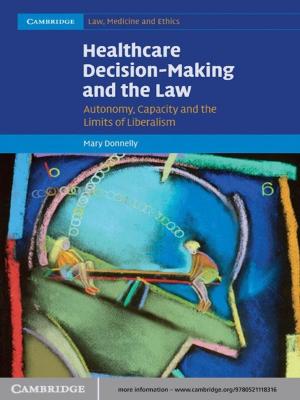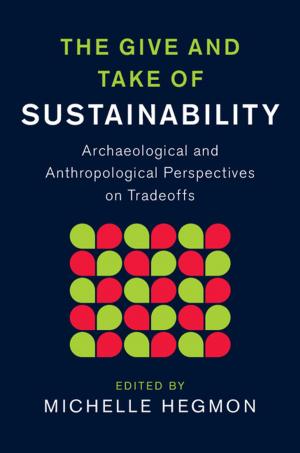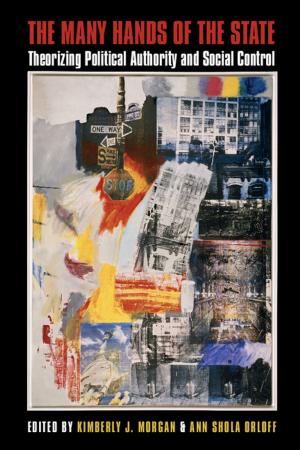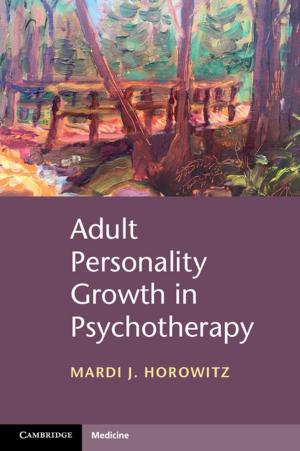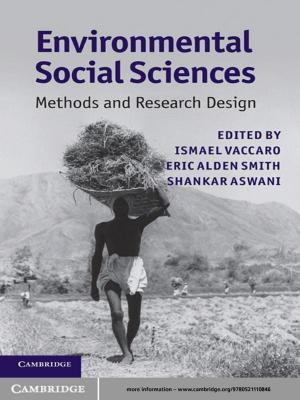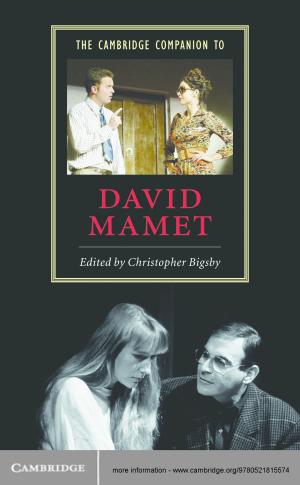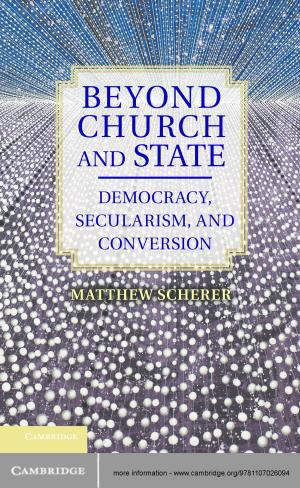The Minimalist Program
The Nature and Plausibility of Chomsky's Biolinguistics
Nonfiction, Reference & Language, Language Arts, Science & Nature, Science, Religion & Spirituality, Philosophy| Author: | Fahad Rashed Al-Mutairi | ISBN: | 9781316120309 |
| Publisher: | Cambridge University Press | Publication: | October 16, 2014 |
| Imprint: | Cambridge University Press | Language: | English |
| Author: | Fahad Rashed Al-Mutairi |
| ISBN: | 9781316120309 |
| Publisher: | Cambridge University Press |
| Publication: | October 16, 2014 |
| Imprint: | Cambridge University Press |
| Language: | English |
The development of the Minimalist Program (MP), Noam Chomsky's most recent generative model of linguistics, has been highly influential over the last twenty years. It has had significant implications not only for the conduct of linguistic analysis itself, but also for our understanding of the status of linguistics as a science. The reflections and analyses in this book contain insights into the strengths and the weaknesses of the MP. Among these are, a clarification of the content of the Strong Minimalist Thesis (SMT); a synthesis of Chomsky's linguistic and interdisciplinary discourses; and an analysis of the notion of optimal computation from conceptual, empirical and philosophical perspectives. This book will encourage graduate students and researchers in linguistics to reflect on the foundations of their discipline, and the interdisciplinary nature of the topics explored will appeal to those studying biolinguistics, neurolinguistics, the philosophy of language and other related disciplines.
The development of the Minimalist Program (MP), Noam Chomsky's most recent generative model of linguistics, has been highly influential over the last twenty years. It has had significant implications not only for the conduct of linguistic analysis itself, but also for our understanding of the status of linguistics as a science. The reflections and analyses in this book contain insights into the strengths and the weaknesses of the MP. Among these are, a clarification of the content of the Strong Minimalist Thesis (SMT); a synthesis of Chomsky's linguistic and interdisciplinary discourses; and an analysis of the notion of optimal computation from conceptual, empirical and philosophical perspectives. This book will encourage graduate students and researchers in linguistics to reflect on the foundations of their discipline, and the interdisciplinary nature of the topics explored will appeal to those studying biolinguistics, neurolinguistics, the philosophy of language and other related disciplines.

